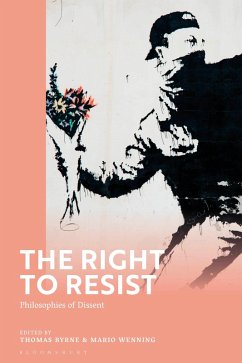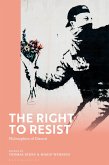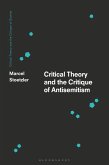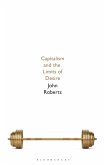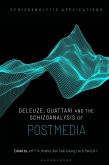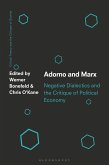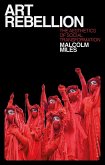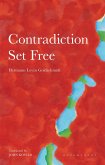While the idea of total revolution seems anachronistic today, there is increasing consensus about the importance of new forms of political, ethical, and aesthetic resistance. In the past, resistance was often motivated as a form of protest against specific institutions. Increasingly, dissent has become integrated into the fabric of modern life. This volume addresses new forms of resistance at a level that combines a rootedness in the philosophical tradition and a sensitivity to rethinking the possibility of emancipation in today's age. The work focuses on contemporary social and political philosophy from a perspective informed by critical theory.
The text specifically addresses three challenges. (1) Critical theorists need to investigate in which ways resistance, conformism, and oppression oppose and constitute each other. (2) The relationship between the theory and the practice of resistance needs to be posed anew, given recent protest movements and media of protest. (3) It needs to be shown in which ways different areas of society such as the arts, religion and social media establish divergent practices of resistance.
The chapters are written by scholars from Asia, Europe and North America. These experts in resistance discourse focus on practices of dissent ranging from traditional forms of civil disobedience, to more recent practices such as guerrilla protest, art, and resistance in digital networks, including social media. What unites them is a shared concern for the dimensions of political acts of resistance in an age that is characterized by a tendency to integrate and thereby neutralize those very acts.
The text specifically addresses three challenges. (1) Critical theorists need to investigate in which ways resistance, conformism, and oppression oppose and constitute each other. (2) The relationship between the theory and the practice of resistance needs to be posed anew, given recent protest movements and media of protest. (3) It needs to be shown in which ways different areas of society such as the arts, religion and social media establish divergent practices of resistance.
The chapters are written by scholars from Asia, Europe and North America. These experts in resistance discourse focus on practices of dissent ranging from traditional forms of civil disobedience, to more recent practices such as guerrilla protest, art, and resistance in digital networks, including social media. What unites them is a shared concern for the dimensions of political acts of resistance in an age that is characterized by a tendency to integrate and thereby neutralize those very acts.

